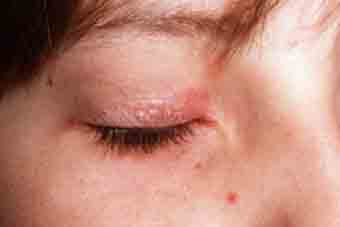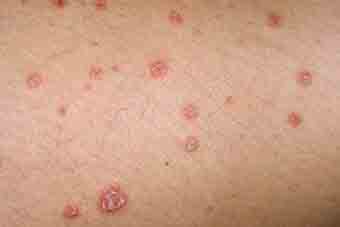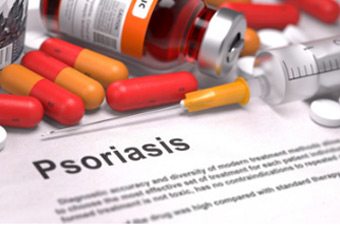Psoriasis Treatment
Mild to Moderate psoriasis
Topical creams can be applied and or Phototherapy (light, usually ultraviolet, applied to the skin) can also be used.
Topical (applied to the skin) - Topical medications include topical corticosteroids, vitamin D analogue creams, topical immunomodulators, coal tar, anthralin and others.
Excimer Laser/Light (308nm) - It’s a valid and reliable treatment, giving desirable results in shorter treatment times, both in duration and number of sessions.
Severe psoriasis
Biologics: - several immunodulator drugs are approved for the treatment of moderate to severe form. These drugs are given by intravenous infusion, intramuscular injection or subcutaneous injections and are usually used for people who have failed to respond to the traditional therapy or those who have associated psoriatic arthritis. Biologics work by blocking interactions between certain immune system cells and particular inflammatory pathways, chemical ones; they must be used with caution because they have strong effects to the immune system and may permit life threatening infection.
In spite of a range of options effective treatments can be challenging. The disease is unpredictable, going through cycles of improvement and worsening.
Systemic (taken orally or by injection or infusion) - In a severe condition than a dermatologists may prescribe oral or injected drugs. Retinoids- Related to vitamin A, this group of drugs may reduce the production of skin cells if you have severe that doesn’t respond to other therapies.




